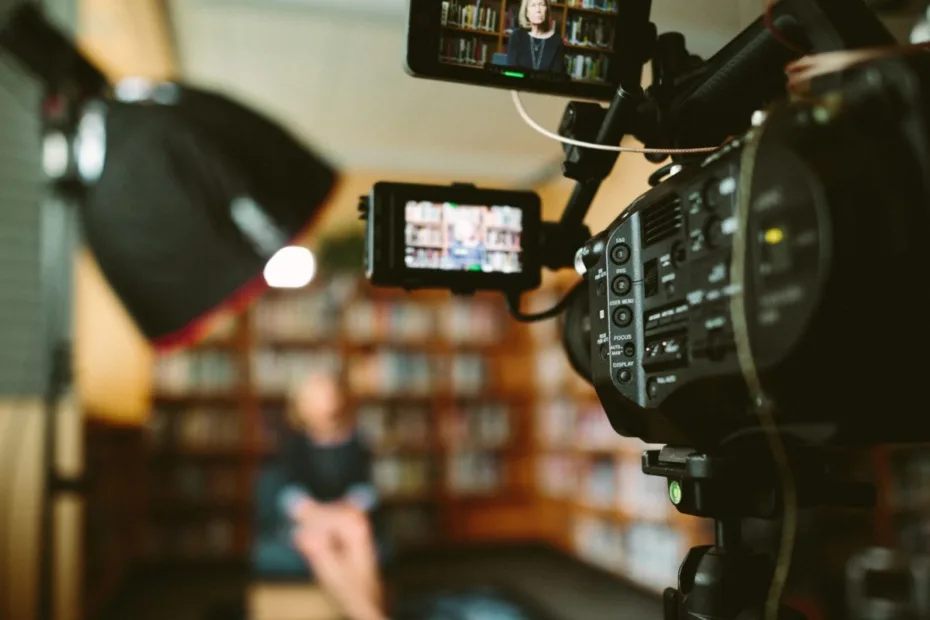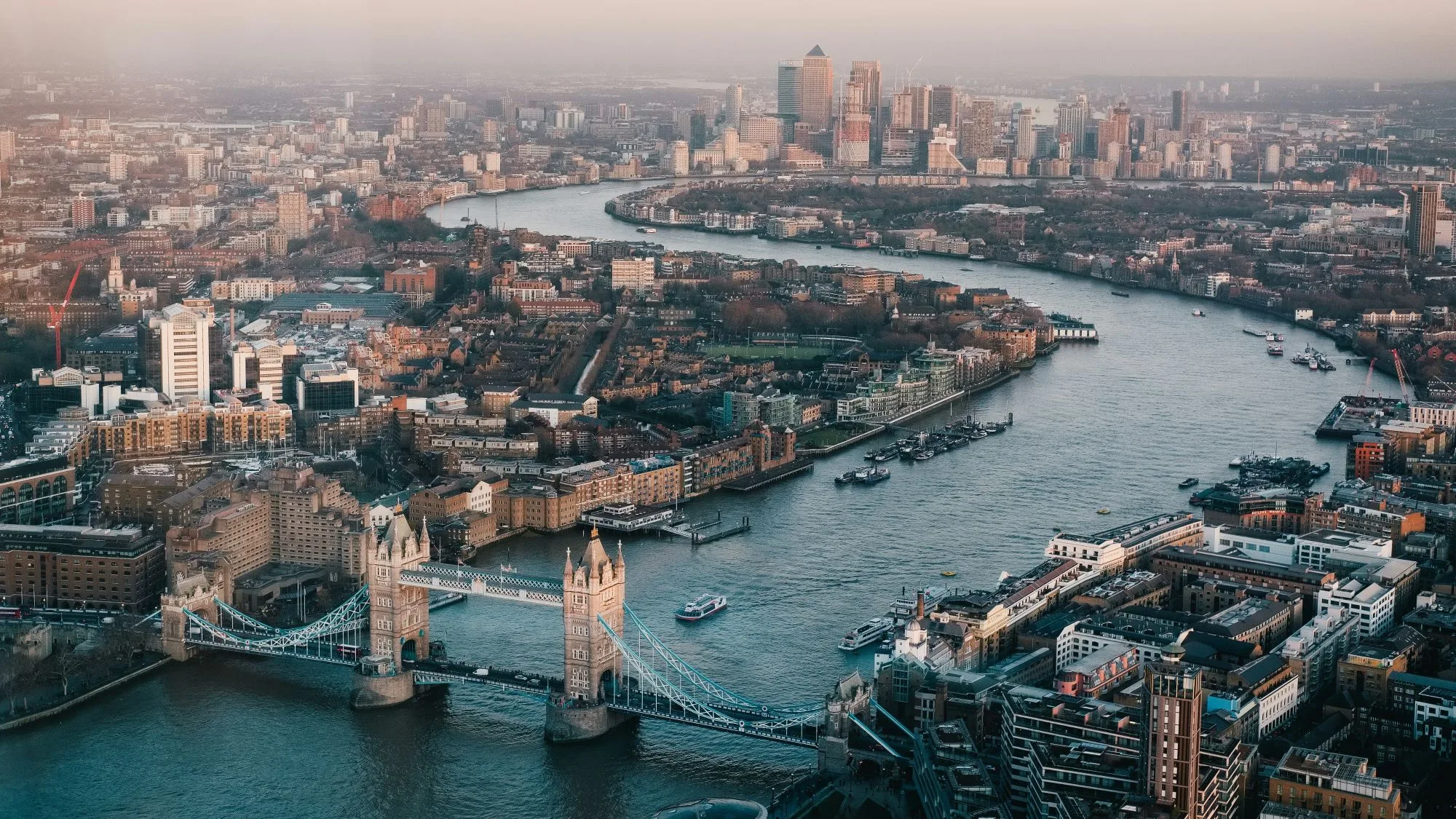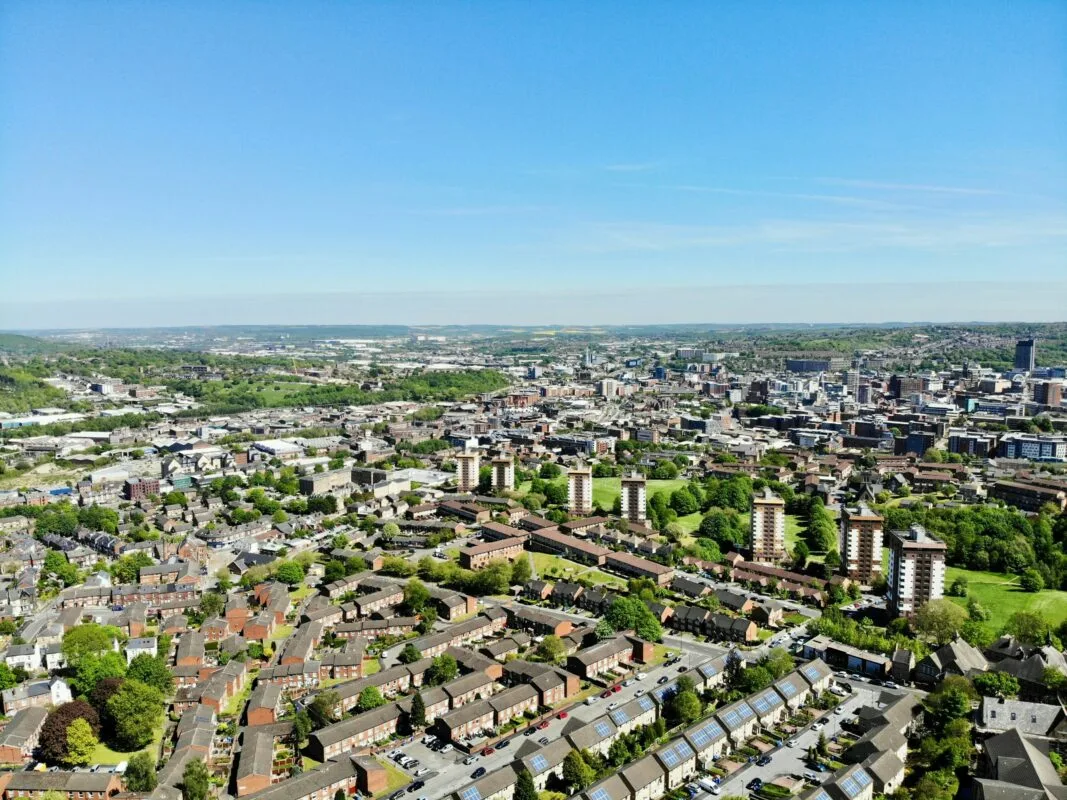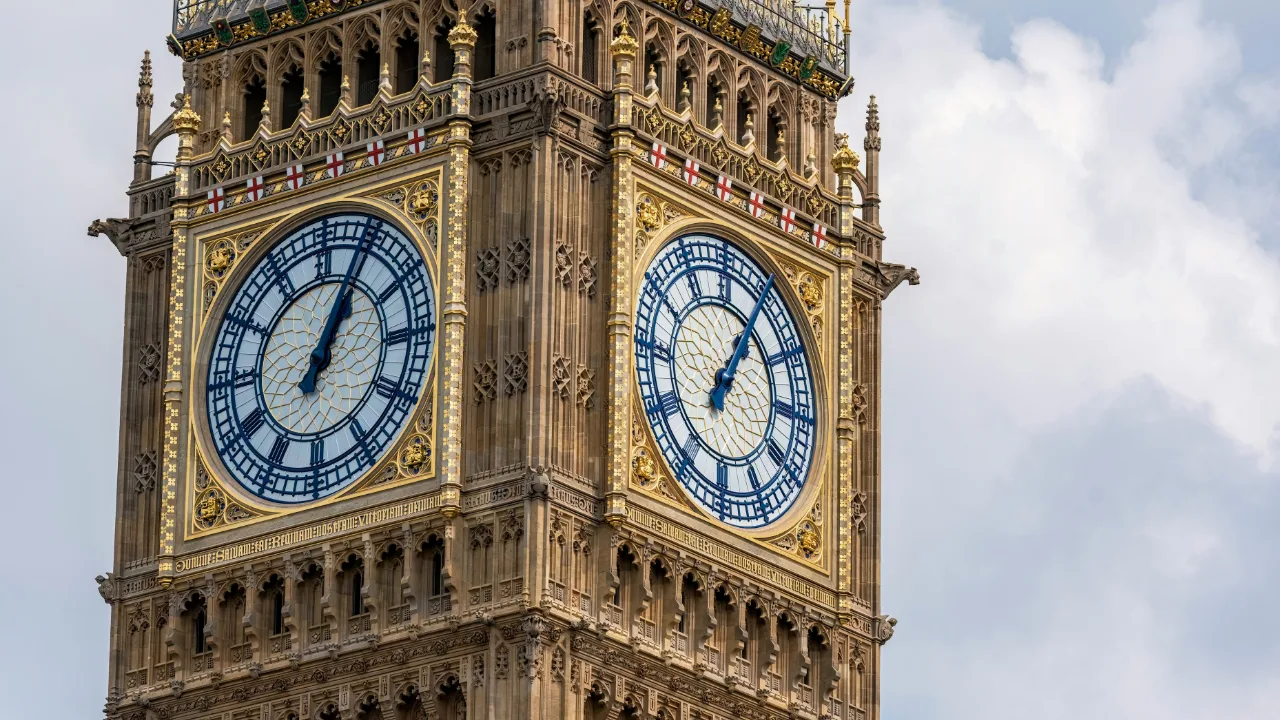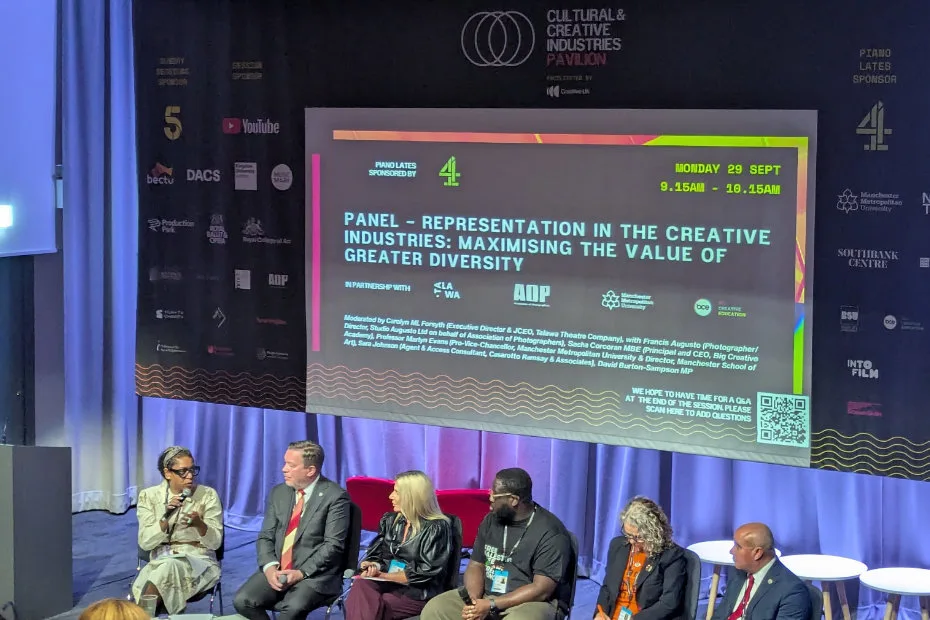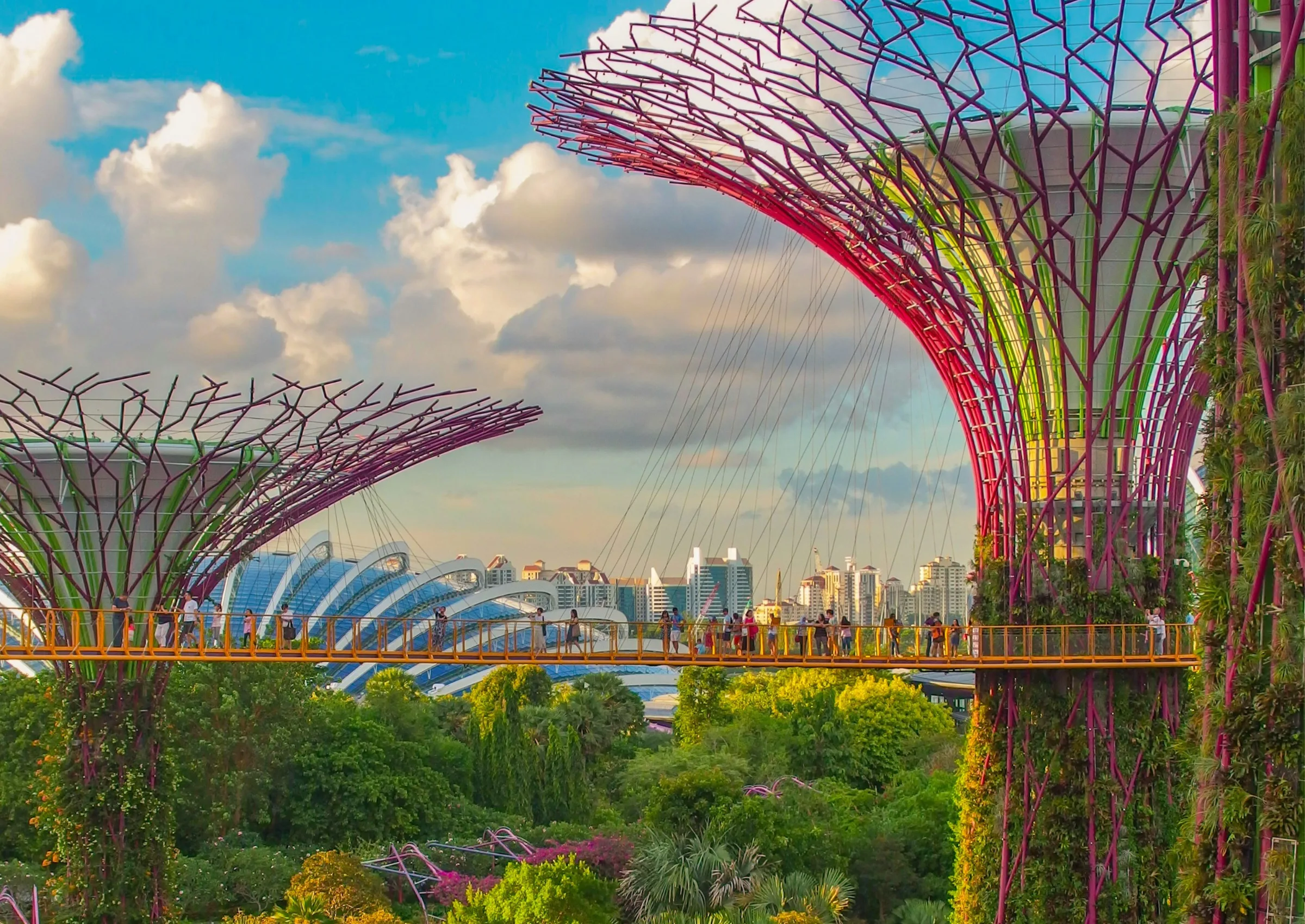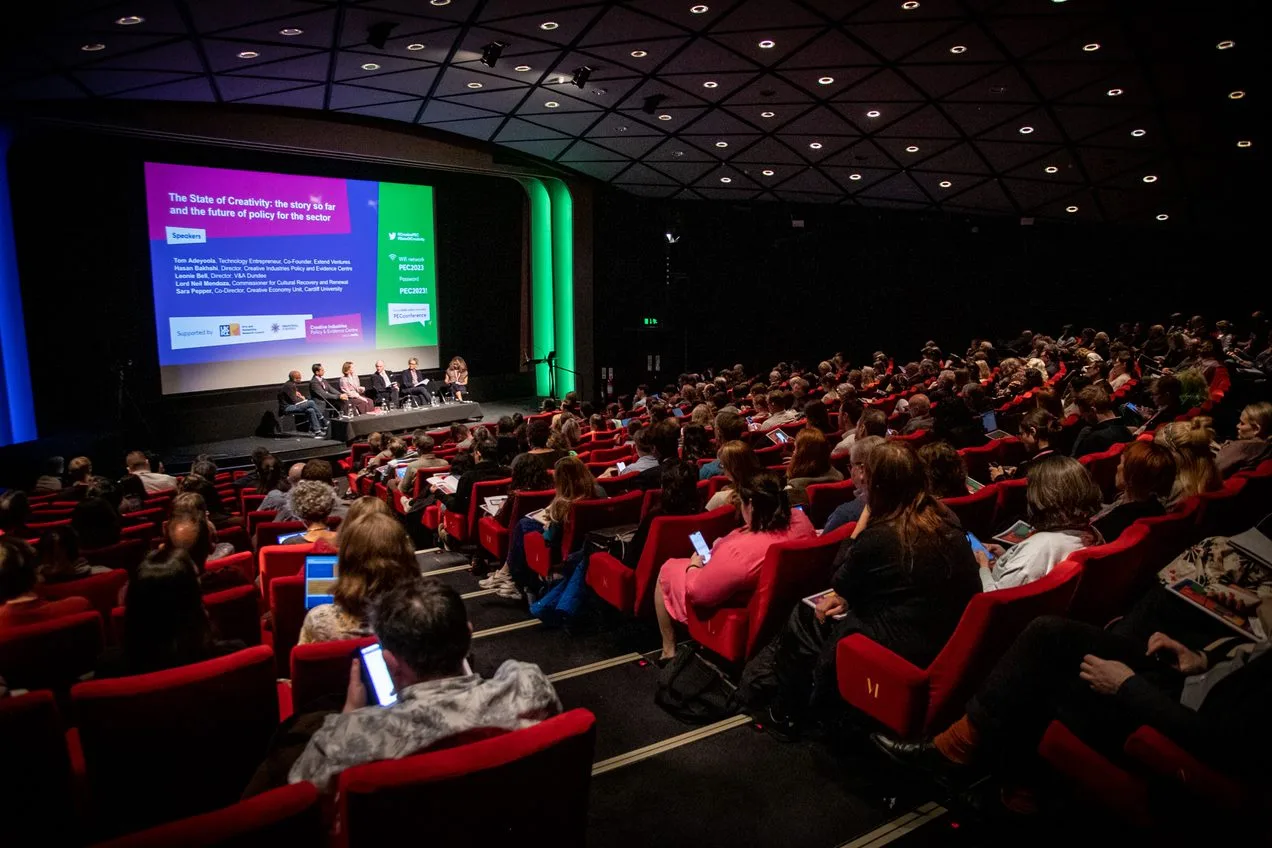The House of Lords Communications and Digital Committee has published its report ‘Public Service Broadcasting: as Vital as Ever’, offering strong support for the continued provision of Public Service Broadcasting (PSB) in the UK by reiterating its social, cultural and economic value. However, the report also argues that safeguarding the future of PSB will require substantial changes in its provision.
In the months leading up to the launch of the report in November 2019, the Committee reviewed the challenges facing PSB in the age of subscription video on demand services (SVOD). The Committee gathered oral and written evidence from a range of stakeholders, including all the UK’s Public Service Broadcasters (1), Ofcom, Netflix, Amazon and Apple, along with key voices from the production and distribution sector, as well as academics.
The value of a mixed ecology
The report argues that a mixed ecology of content providers, including robust PSBs, is good for the sector and for audiences, but identifies a number of threats to the sustainability of PSBs, including changes in consumption patterns and new, well-resourced entrants to the sector.
A key recommendation is to fundamentally reform the Apprenticeship Levy in order to introduce greater flexibility for creative businesses, who could use the levy to fund training programmes at work and apprentices’ wages. Another capacity building strategy proposes that a condition of receipt of the UK’s High-end TV Tax Relief must be a contribution to ScreenSkills High-end TV Skills Fund, which supports training programmes for new entrants and for professional development of crew and talent.
The report does not support putting a levy on SVOD services at this time, a much debated subject, not just in the UK. While the Committee decision is likely to be seen as a victory for the SVODs, the report leaves the door open to this in the future, asking Ofcom to continue monitoring the situation. As Professor Steven Barnett – special advisor to the report – emphasised in a recent conference on the future of PSB, the fact that the levy has been considered is in itself a significant policy move in the UK.
Young people and PSB
Echoing the most recent Ofcom report, the Lords Committee concludes that PSBs in the UK are not serving younger people well enough. Viewing of BBC channels by 16–34 year olds has halved since 2010. This shift of younger audiences away from the BBC is presented both as a failure of the broadcasters’ statutory duty to address all citizens, but also as an economic problem which undermines its future sustainability, which currently rests on the legitimacy of the licence fee. It is worth noting that from 2022/23, S4C, the Welsh language broadcaster, will also be funded entirely through the licence fee – a point omitted in the report.
We learn from the Lords report that younger viewers are more likely to consider SVOD better value for money than the licence fee. If this trend is not reversed, it will become harder to maintain the public’s support for the licence fee in years to come. This, Ofcom worries, will challenge the BBC’s ability to continue delivering on their mission and public purpose.
Crucial to this seems to be a strategic effort to address the entire experience of young people who, while not a homogenous audience segment, are increasingly crossing seamlessly between devices and services, including social media. The report references a recent example of a PSB successfully responding to this demand, the online teen drama SKAM, produced by the Norwegian public broadcaster NRK.
Funding PSB: in support of the licence fee
The report argues for the licence fee to continue as the main source of financing for the BBC. This is a significant recommendation as over the last decade there have been changes internationally to PSB funding (EBU 2019). Most notably, all the Nordic countries have replaced or are about to replace their fees with income-based taxes or state funding, though not without some criticisms.
The report, however, also criticises the process for negotiating the funding settlement. This has been a perennial issue but one which was especially acute in the most recent negotiation in 2015, in which the government decided ‘behind closed doors’ that the BBC should bear the full cost of the licence fees for audiences aged over 75, estimated at £745m. The changes have resulted in much media scrutiny and some public protest. The recommendations by the cross-party Committee for greater transparency – including the establishment of an independent body to oversee the process for setting the licence fee – are likely to receive wide support.
Terms of trade
Funding wasn’t the only area in which the report intervened in the economic model of PSB, opening the door to a review of the terms of trade – a sacrosanct feature of UK production which has contributed directly to the growth of the independent sector. The terms were introduced following the Communications Act 2003 to effectively level the playing field, ensuring that there was negotiating power shared between PSBs and independent production companies (the ‘indies’). The recent degree of consolidation amongst ‘indies’ in the market (and their subsequent power) is one reason given to reconsider these Terms.
The Committee recommends a review of the Terms of Trade to assess whether or not they unfairly disadvantage PSBs in a competitive market, especially in their negotiations with larger ‘indies’. The current Terms require separate negotiations for primary, secondary (e.g. iPlayer) and international rights. Therefore, a public broadcaster cannot make acquiring the secondary and international rights a precondition of buying the primary rights to a programme.
If such a recommendation were followed through, this could result in a radical change in the UK’s rights market and might be one of the legacies of this report. A change to the Terms of Trade is likely to face some resistance from the independent sector. However, the committee suggests that such a change is necessary for the sustainability of PSB and their ability to access and leverage the best content for use on services like iPlayer and Britbox.
BAME representation
The Committee also highlights that while the BBC and other PSBs are making efforts towards increasing diversity, there is still a perception among viewers that British, Asian and Minority Ethnic (BAME) communities are not well represented either on screen or behind the camera.
The Committee calls for more research in order to better evidence the problem, recommending that Ofcom gathers further data on the diversity of PSBs commissioning teams. While the diversity of senior management is critical, research challenges that a more diverse commissioning team will inevitably lead to more diverse content. Dr Anamik Saha’s argues that diversity issues cannot be tackled by recruitment measures along and that the wider conditions of production need to be considered if we are to meaningfully address the manifestations of racial inequality in UK television.
Prominence: in defence of public service values
Ensuring the prominence of PSB services and programmes is one of the key recommendations of the report. In line with Ofcom’s suggestions, PSB content should be given prominence on all media platforms, including SVOD.
The unpredictability of the media landscape increases the importance of ensuring that PSBs remain a reliable source of diverse and quality content, available to all. As Dr Catherine Johnson notes, there is little evidence that ‘the needs of all audiences will be served in an entirely commercial context’.
The report therefore recommends that regulatory or financial burdens are avoided in order to support PSB to fulfil their obligations, including providing public value content, such as news, current affairs, and children’s programmes.
Public service broadcasting: as vital as ever
If the report’s recommendations are taken forward by the government, where more radical change might occur is around the introduction of an independent funding commission; a change in the Terms of Trade; and greater scrutiny of the commissioning processes to ensure more diverse workforce and content. These challenges are faced by the creative industries more broadly, and, as such, are being researched in different areas of work within the Creative Industries Policy and Evidence Centre (PEC).
The researchers leading on one of the PEC’s key areas of work in Arts, Culture and Public Service Broadcasting are from the School of Journalism, Media and Culture (JOMEC) at Cardiff University and welcome your views and insights into how best Public Service Broadcasting needs to evolve in order to better reach and retain younger audiences while delivering the public service values that are the core mission of PSB.
1. BBC, ITV, Channel 4 and Channel 5, which operate throughout the UK, and STV, S4C and UTV, in Scotland, Wales and Northern Ireland respectively.
Photo by Sam McGhee
Related Blogs
From Wales to the World: Why International Cultural Policy Needs a Future Generations Lens
Can international cultural policy be shaped by focusing on future generations?
10 facts about Creative Industries growth potential
Discover ten key findings from the report 'High-Growth Potential Firms in the UK's Creative Industri…
Why London is investing in Creative Enterprise Zones
London Mayor Sir Sadiq Khan announces £2.2 million in new funding for Creative Enterprise Zones.
Research resources on Creative Clusters
We’ve collated recent Creative PEC reports to help with the preparation of your Creative Cluster bid…
What UK Job Postings Reveal About the Changing Demand for Creativity Skills in the Age of Generative AI
The emergence of AI promises faster economic growth, but also raises concerns about labour market di…
Creative PEC’s digest of the 2025 Autumn Budget
Creative PEC's Policy Unit digests the Government’s 2025 Budget and its impact on the UK’s creative …
Why do freelancers fall through the gaps?
Why are freelancers in the Performing Arts consistently overlooked, unseen, and unheard?
Insights from the Labour Party Conference 2025
Creative PEC Policy Adviser Emily Hopkins attended the Labour Party Conference in September 2025.
Association of South-East Asian Nations’ long-term view of the creative economy
John Newbigin examines the ASEAN approach to sustainability and the creative economy.
Culture, community resilience and climate change: becoming custodians of our planet
Reflecting on the relationship between climate change, cultural expressions and island states.
Cultural Industries at the Crossroads of Tourism and Development in the Maldives
Eduardo Saravia explores the significant opportunities – and risks – of relying on tourism.
